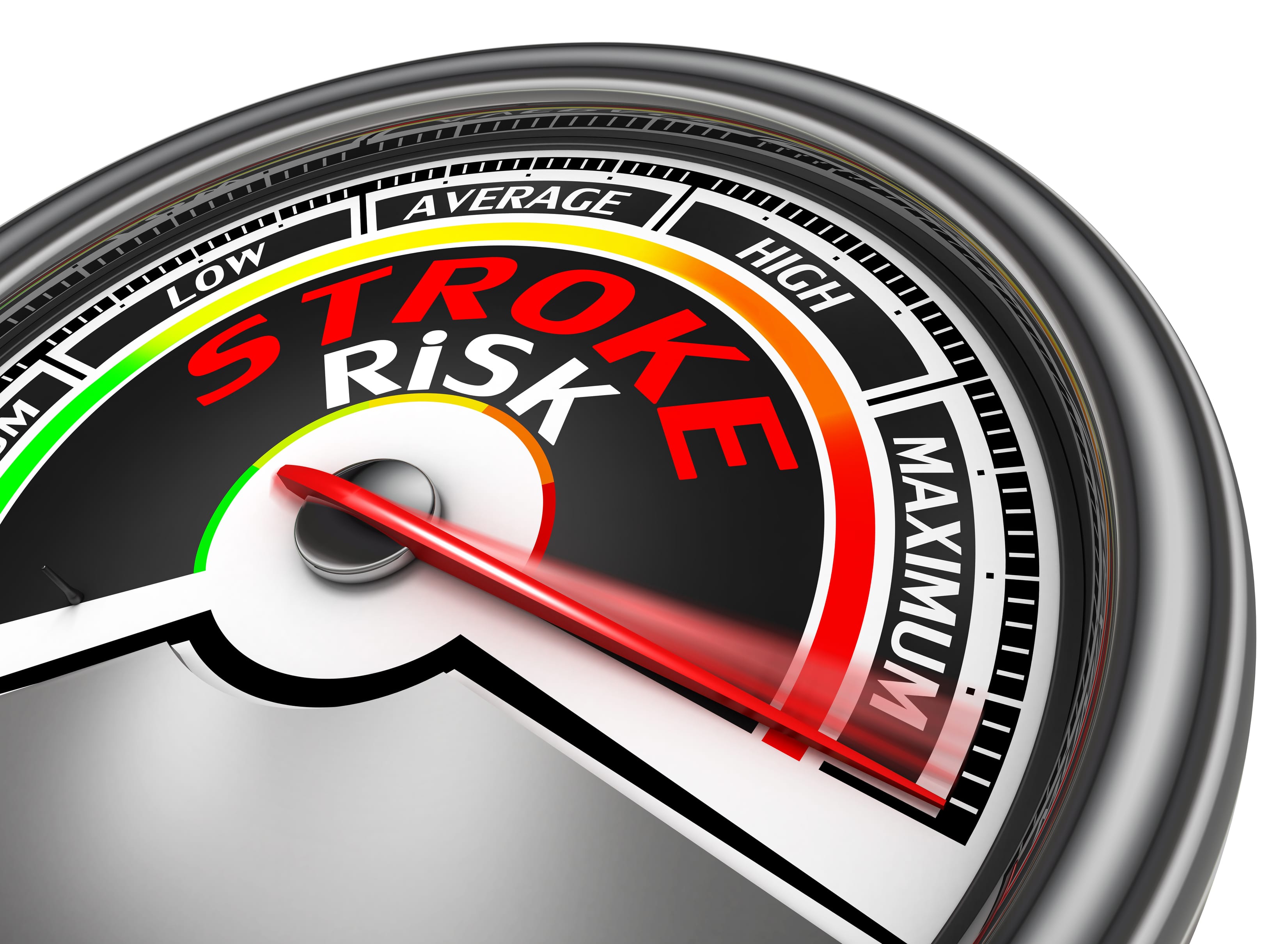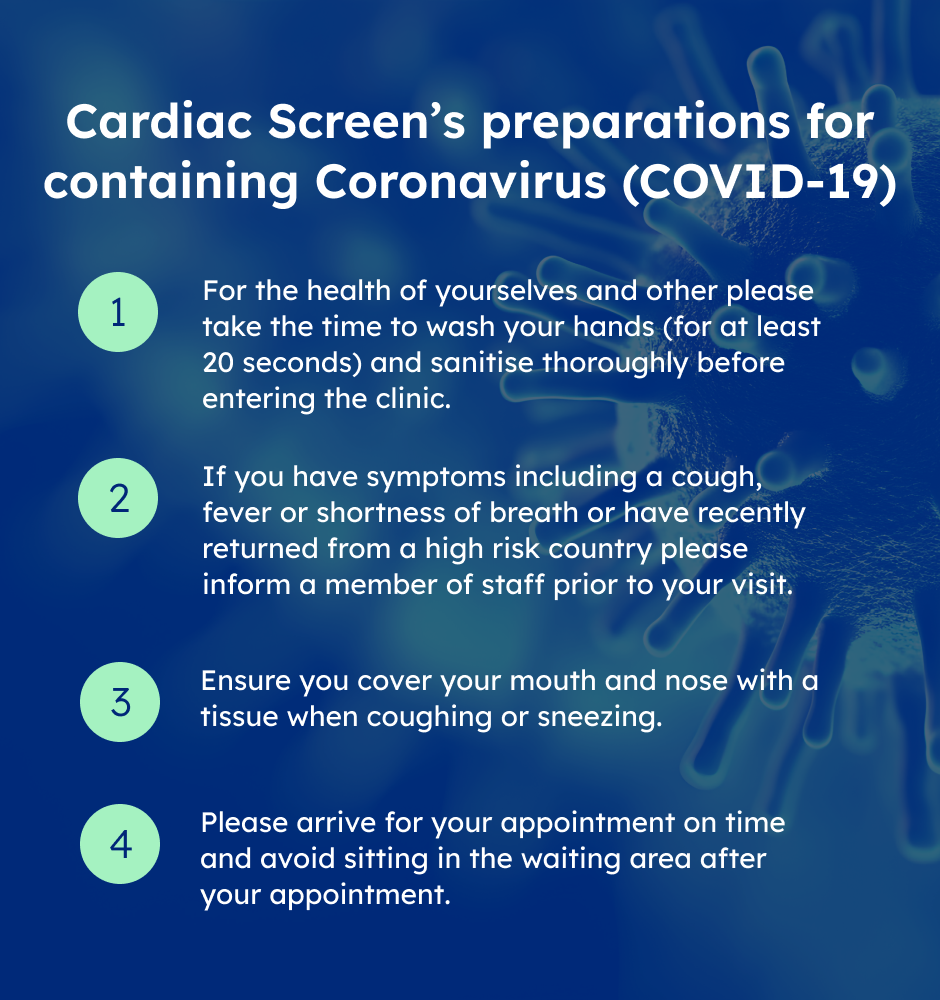Please click here to view Cardiac Screen's preparations for containing Corona Virus
Balppa House, 57-61 Newington Causeway, London SE1 6BD
When is a Carotid Doppler Scan Needed?
Meet Our Medical Specialists

The carotid Doppler scan is a special type of ultrasound that can measure the flow through the arteries that carry blood to your brain. Blockages in these arteries can put you at risk of having a stroke, so it is important to detect them so that you can get the right treatment. If your doctor thinks that you might have a problem with your carotid arteries or that you have a higher stroke risk, you may need to have this scan.
If You Have Had TIAs
The most common reason for performing a carotid Doppler scan is that you have had a transient ischaemic attack or mini stroke. A mini stroke is a temporary disruption in the blood supply to your brain. The scan can help the doctor to assess your risk of having more TIAs in the future. It can also help to determine the best course of treatment.
If You Are at High Risk of Stroke
Even if you have not experienced any TIAs, your doctor may still recommend having a carotid Doppler scan in order to assess your stroke risk. This is most likely if you have been diagnosed with a condition that could narrow your arteries or increase the chances of having a stroke.
You might need a carotid Doppler scan if you have been diagnosed with:
- High cholesterol
- High blood pressure
- Coronary artery disease
- Diabetes
Your doctor might also recommend a carotid Doppler ultrasound if:
- You have a family history of stroke or cardiovascular disease
- An abnormality was detected when the doctor listened to your carotid artery with a stethoscope
The results of the scan should help to identify any blockages or narrowing of your carotid arteries. It will enable your doctor to assess the chances that you will have a TIA or stroke and to come up with the right treatment plan for you. The scan results could help to locate plaques that need to be removed surgically or to identify areas where a stent could be used to support the artery walls and improve blood flow. It can therefore provide lots of useful information for your doctor.















